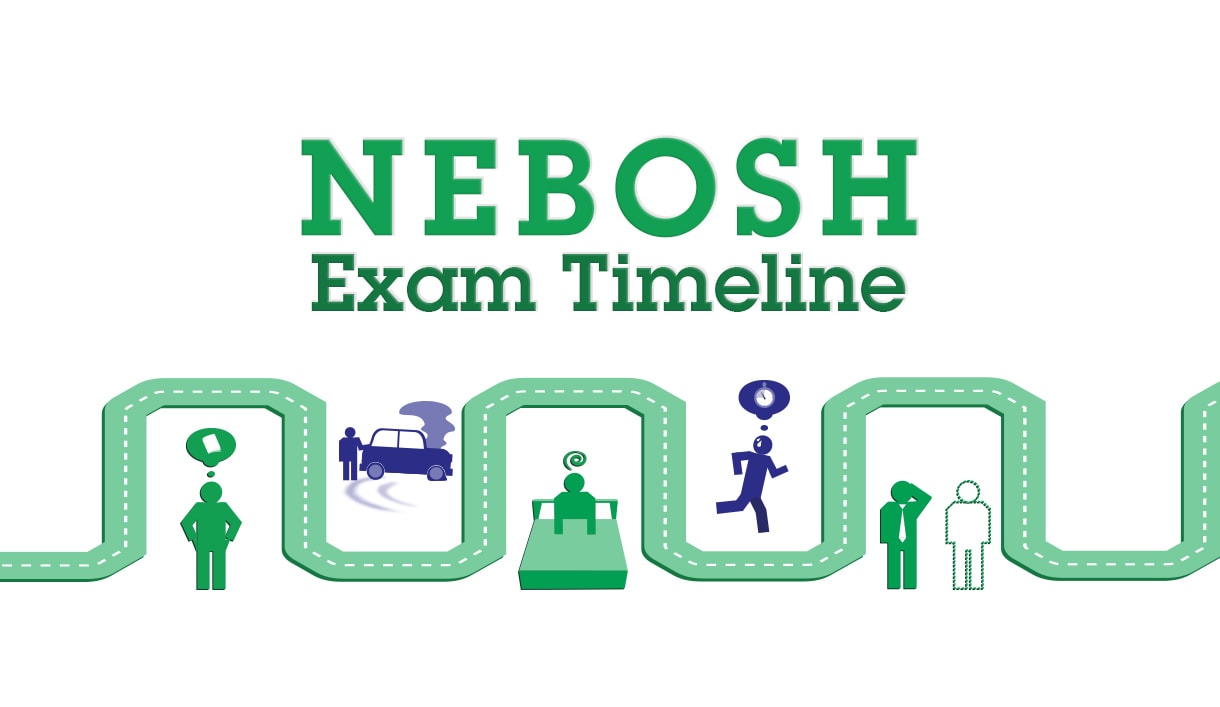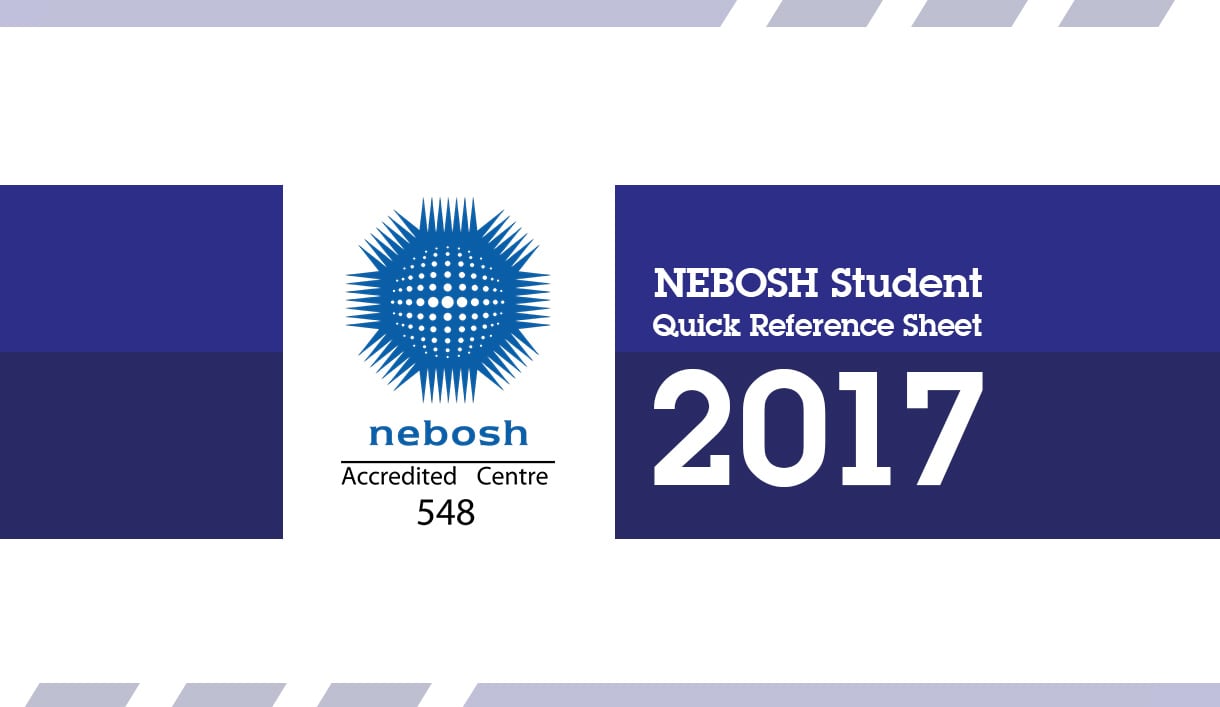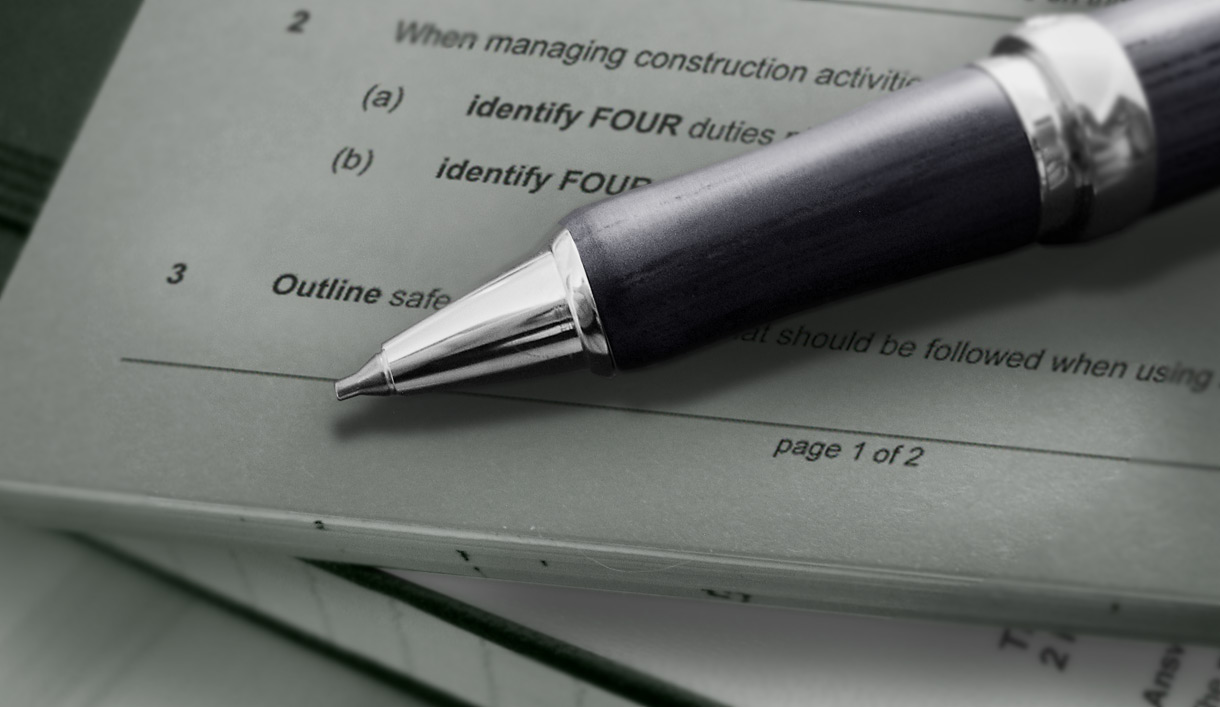Tips on studying for exams
Exam study tips | NEBOSH / IOSH
Whether you’re studying for NEBOSH diplomas or certificates examinations, IOSH courses or anything else, you might start to feel the nerves building as your exam deadlines approach. Even if you’ve been fully committed to your training programme and put in all the required time and effort, there’s always that niggling fear that something will go wrong at the last minute and you won’t get the results you need.
However, by following these simple tips in the run up to your exams, you should be able to keep the jitters under control and perform to the very best of your ability come the big day.
Create a study plan
It’s easy to feel overwhelmed by the amount of information you need to learn for your exams, but if you create a detailed study plan well in advance of these tests, you can make the task much easier. This way, you’ll know exactly how much material you need to cover and how much time you can dedicate to each section of your course.
Of course, it’s not enough to simply create a schedule – you also need to stick to it. If you start to fall behind, the panic can quickly set in.
Focus your efforts
It’s also helpful to ensure you know what to expect in your exams. By getting to grips with the sorts of questions you’ll be asked, you should find it easier to hone your efforts and to revise efficiently. You might have the opportunity to look at previous test papers, and it helps to practise answering questions.
By focussing your efforts in this way, you can help to ensure that you use your revision time effectively.
Take advantage of the H&S support on offer
Make use of your support networks too. For example, you might benefit from getting your partner or your family members to test you on your course material. You could also arrange group study sessions with other people on your course if you feel you’ll benefit from the added motivation.
Make sure you’re rested and ready
Last but not least, make sure you feel rested when your exam comes around. As part of this, you should try to get a good night’s sleep. Last-minute cramming into the small hours can be counterproductive because it will leave you tired and potentially unable to concentrate when you actually sit your test. It’s useful to ensure you’ve eaten a good breakfast on the morning of your exam too, and always have plenty of fluids. This will help to keep your energy levels up.
In addition, make sure you’re clear about the practical details of your exam, such as its start time, venue and any equipment you need. This will help you to avoid last-minute panics that could dent your performance. Try to turn up to the relevant venue with plenty of time to spare as well. This will help you to gather your thoughts before you actually sit down and start the assessment.
As long as you follow simple advice like this, you should stand a good chance of achieving the results you’re after.










Leave a Reply
Want to join the discussion?Feel free to contribute!